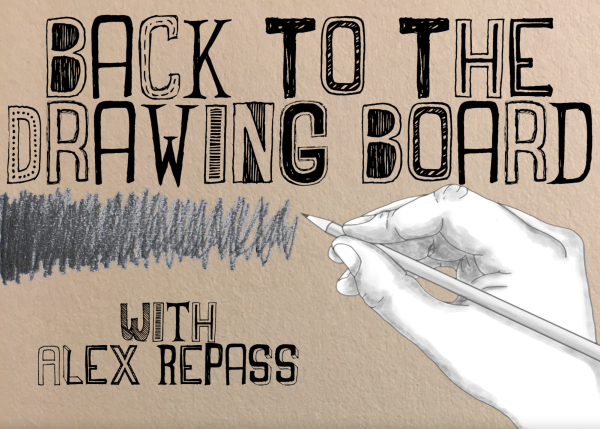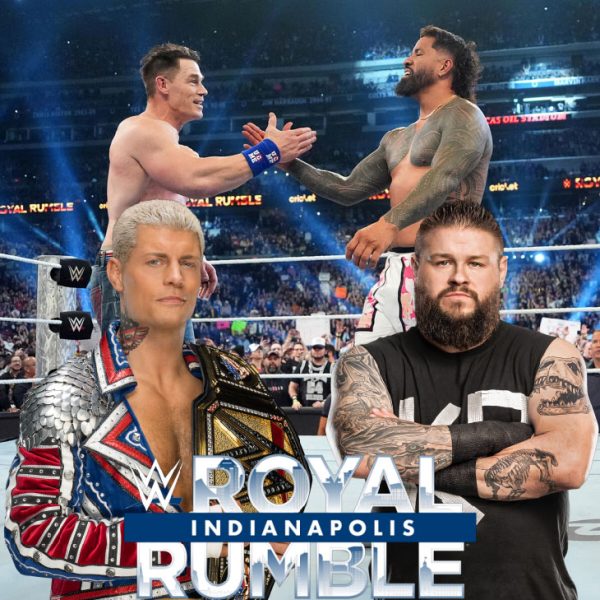Consumers make a difference
What do you think about when you make a purchase? Most people compare the price or the quality of a product. Has the way the product is produced ever been a factor in your decision-making process? Your purchase impacts not only the business you are spending your money at, but also all of the factors that go into the production process. The production process includes social, environmental, and economic impacts. In an indirect way, what you purchase supports what that brand’s production practices. So if you have never thought about this, look up your favorite brand and see what their sustainability practices are. Considering a purchase beyond the product itself is the first step to being a conscious consumer. A conscious consumer is one who makes decisions not only for yourself, but to better the world.
My awareness about being a conscious consumer developed after I watched the documentary, The True Cost. This documentary addresses the social, environmental and economic impacts of the clothing industry. One quote from the documentary stuck to me; “Everything we wear was touched by human hands” (True Cost). I never thought about this before, and after some reflection, it really hit home to me. What I purchase supports what I want for the world. More affordable clothing companies, such as H&M, are able to have such low prices because the workers in another country have unfair wages and poor working conditions. A clothing factory in Bangladesh, which manufactured clothes for H&M, collapsed in 2013, killing 1,138 workers. Many people just turn a blind eye and continue to buy cheap unsustainable products, but for me, it’s hard to turn a blind eye after learning about the external costs of unsustainable products.
There are many certifications on a wide variety of products including food, clothes, paper and makeup that explain the sustainability practices the company has. The more attention I pay to products, the more I start to see different certifications such as USDA Organic, Fairtrade, Global Organic Textile Standards (GOTS), Leaping Bunny Program, Rainforest Alliance Certified, and Forest Stewardship Council (FSC). It is promising to see all of these certifications that verify these products as more sustainable.
The goal of Fairtrade is to make trade more fair for everyone involved in the production process by building a strong relationship between the producers and consumers. To get certified as Fairtrade, many social, economic and environmental standards must be met. The standards vary depending on the workers, farmers, producers and whoever else is involved in the production of a certain good. For example, it ensures that the workers and farmers have a stable income and producers have a 50 percent say in business decisions made. I believe that the goal of Fairtrade has good incentives, and the idea is a step in the right direction.
As consumers, we are the ones who are buying the products and can directly influence what companies do. We are the income to businesses and can put pressure on them to change their practices. Demanding for more sustainably-made products can affect other people across the world. Change can be made, but we, as consumers, need to initiate it.





